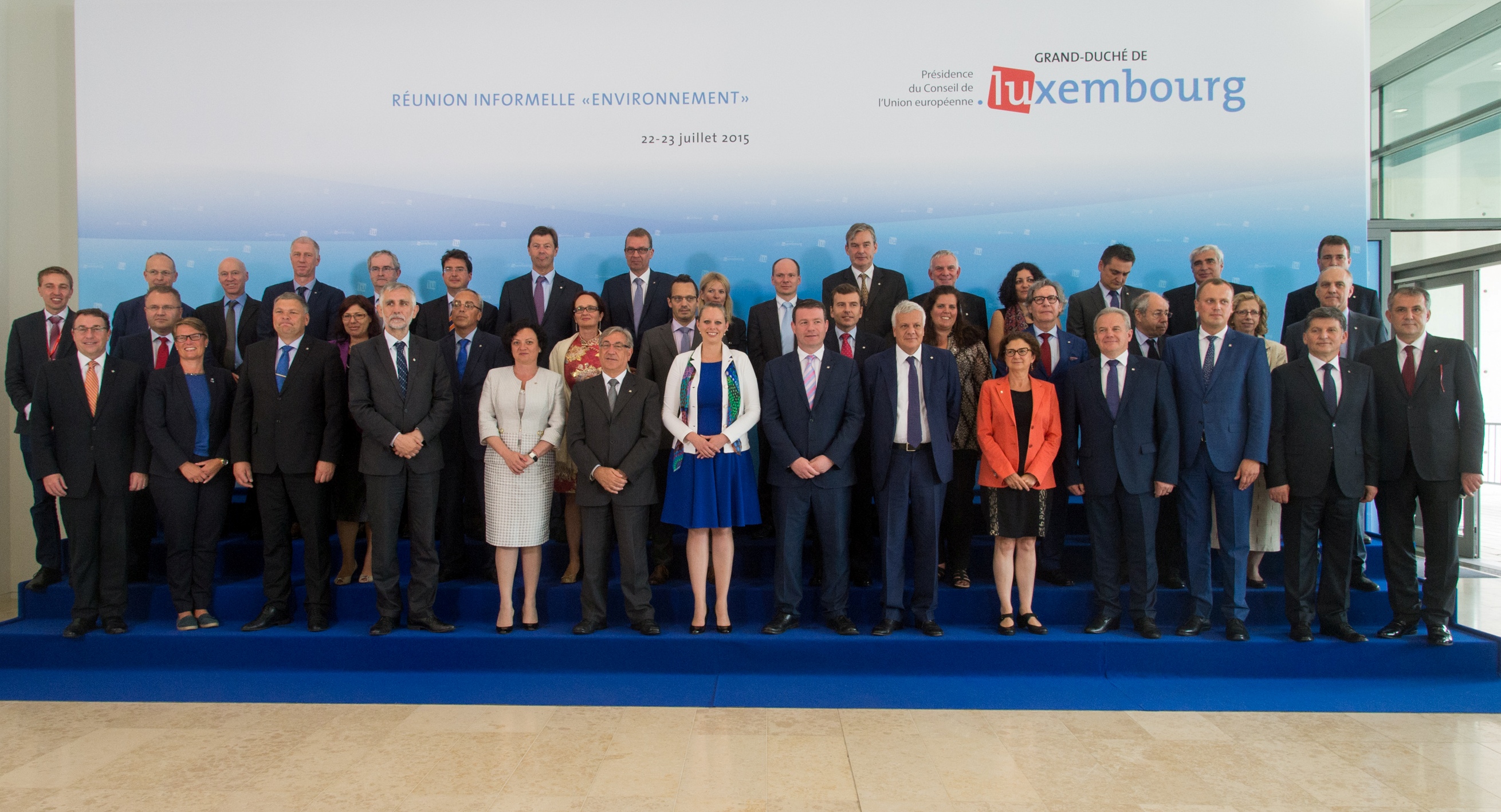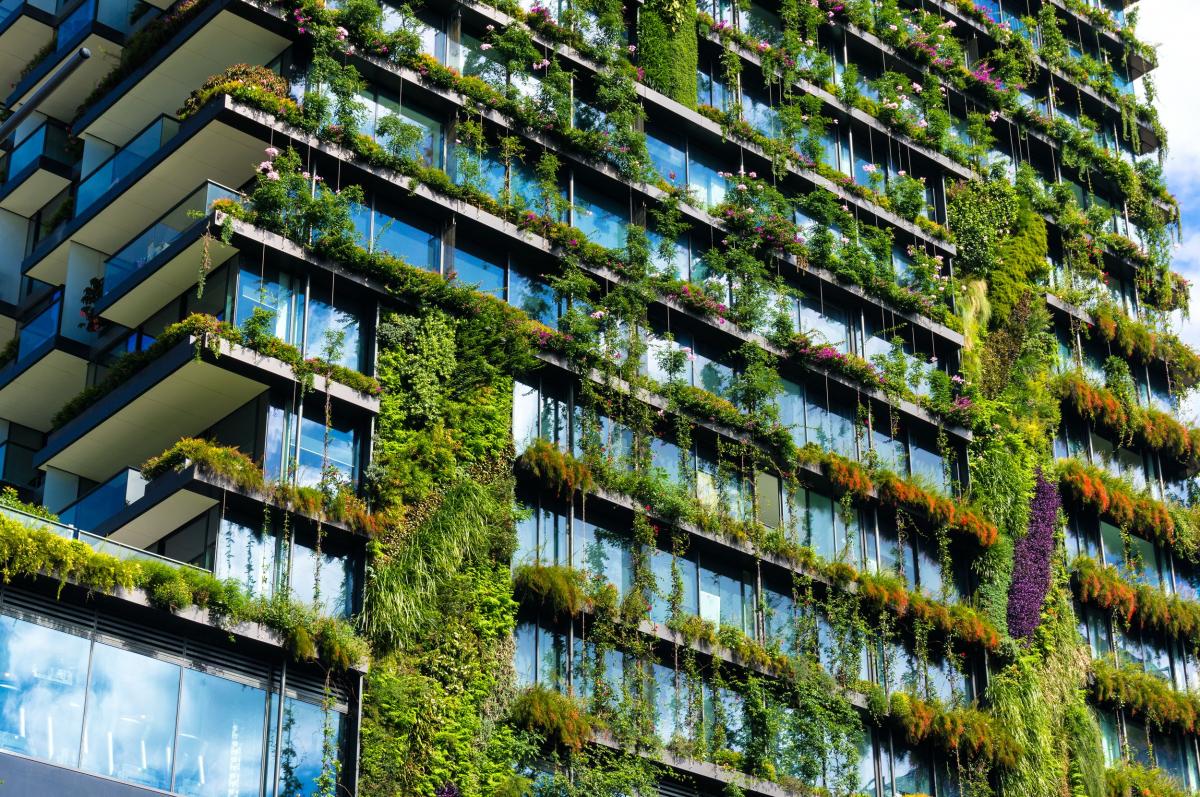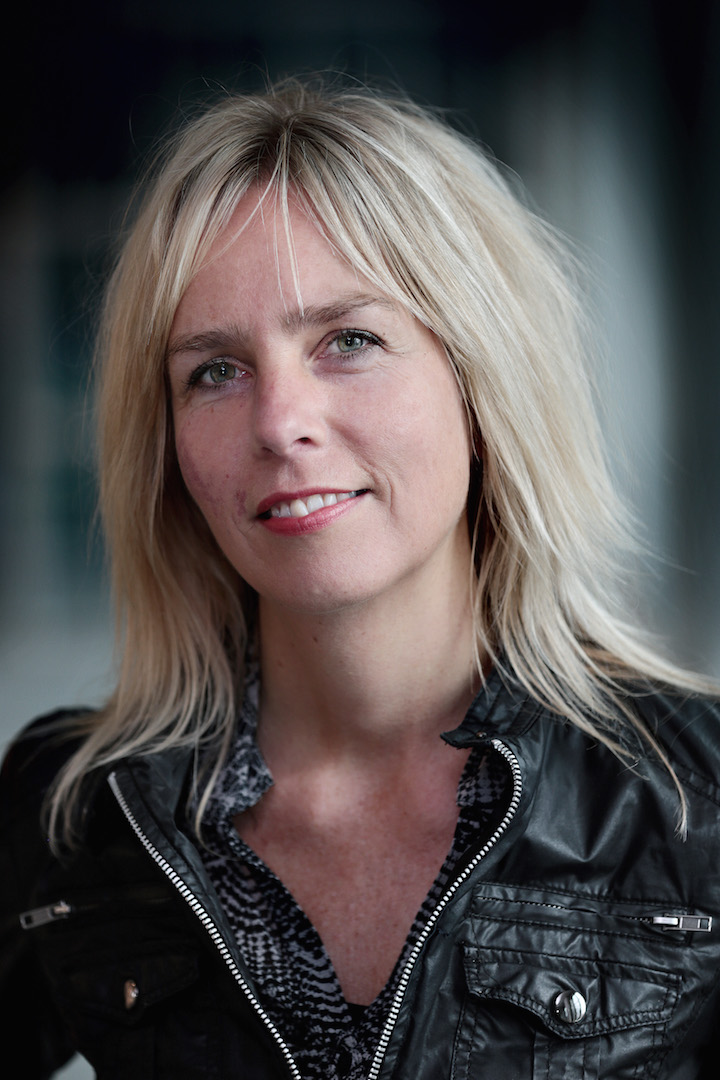IUCN Director General addresses EU Environment Ministers
IUCN and the Luxembourg Presidency of the Council of the EU, jointly hosted a lunch with all Heads of Delegation at the Informal Meeting of EU Environment Ministers on 22 July 2015 in Luxembourg.

Photo: eu2015lu.eu / Charles Caratini
In her opening remarks, IUCN's Director General Inger Andersen reminded Environment Ministers of the need for urgent action to tackle the biodiversity crisis. “Essentially, we are losing species at a catastrophic rate; a rate sped up by land use changes, agriculture, urbanization, demographic pressures, overexploitation and climate change,” she said. “Today, we know that we are pressing against the very planetary boundaries of our world and we understand that unless we recognize that reality, and work with nature, as opposed to against nature, we will undermine the very security of the human existence on earth as we know it.”
Ms Andersen highlighted IUCN’s work in support of the EU 2020 Biodiversity Strategy. In particular, she referred to the IUCN European Red List of Threatened Species, delivering essential information on the conservation status of European species. Around 10,000 species have been assessed to date at European level, including recent updates on bees and marine fishes. A further instrument is the IUCN Green List of Protected Areas, which identifies and celebrates well-managed protected areas, including in EU member states. In addition, Ms Andersen reminded participants of IUCN’s pioneering role in implementing "Nature - based Solutions", which promote the integration of "nature's infrastructure" into development and planning processes, and of the Union’s work on invasive alien species.
The main purpose of the lunch debate was to solicit input from EU member states to the draft of IUCN’s Global Programme 2017-2020, which will determine the direction of conservation efforts for the next four years and beyond.
“The lunch meeting provided concrete suggestions from Ministers on their expectations for IUCN’s involvement in Europe," said Luc Bas, IUCN’s European Regional Director. “We will follow up with a draft joint response from Ministers ahead of the IUCN Regional Conservation Forum in Helsinki in December.”
Other agenda items at the Informal Council meeting included discussions on the Sustainable Development Goals (SDGs) which will be adopted in September 2015 at a UN Summit in New York. Ministers agreed that the SDGs were an opportunity for the international community as well as the European Union to move towards more sustainable, equitable and coherent policy making.
Ministers agreed that the EU should show its leadership in the implementation of the environmental aspects of the SDGs. “These goals are a tool to strengthen European environmental policies. SDGs are a reality check for our policies: Implementing the SDGs in the EU means that Environment needs to stay high on the agenda and has to be mainstreamed into other policies”, concluded Carole Dieschbourg, Minister for the Environment, Luxembourg.
Ministers also addressed the state of play of the climate negotiations ahead of the UNFCCC COP21 in Paris in December 2015, assessing progress towards an ambitious international agreement, with a special focus on climate finance. Convergence starts to emerge on several issues, including on adaptation to the effects of climate change, an issue of particular importance to developing countries. In its position paper on the climate negotiations, IUCN has called for the incorporation of specific and ambitious ecosystem-based mitigation and adaptation measures within countries' Intended Nationally Determined Contributions (INDCs), both for the post-2020 period, and their pre-2020 actions and commitments.



